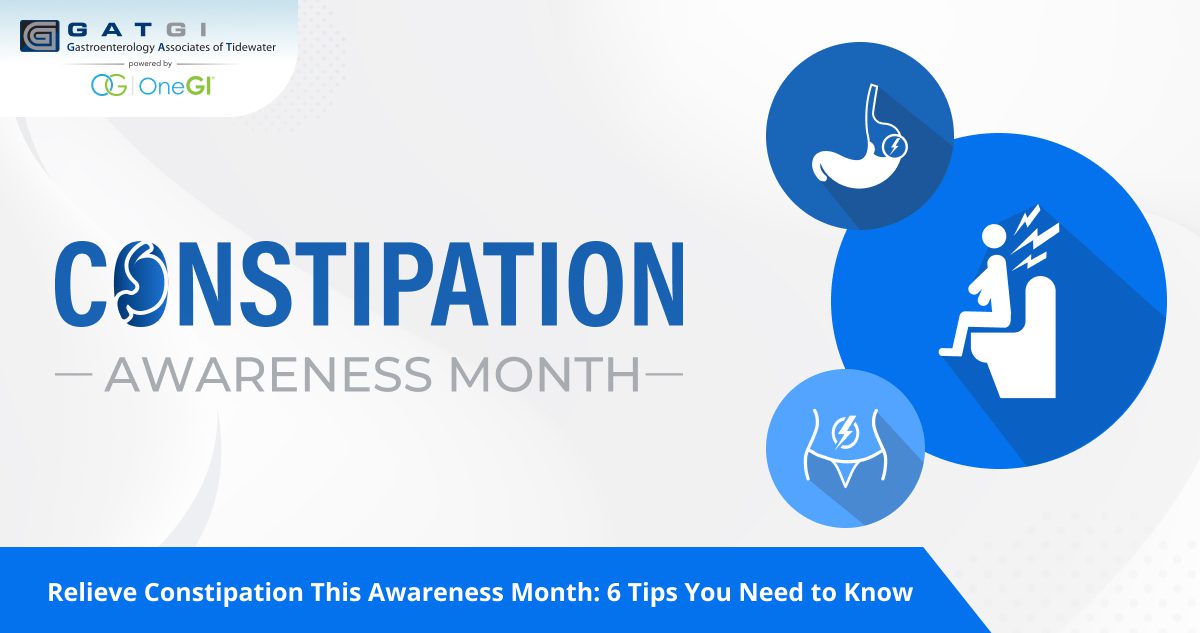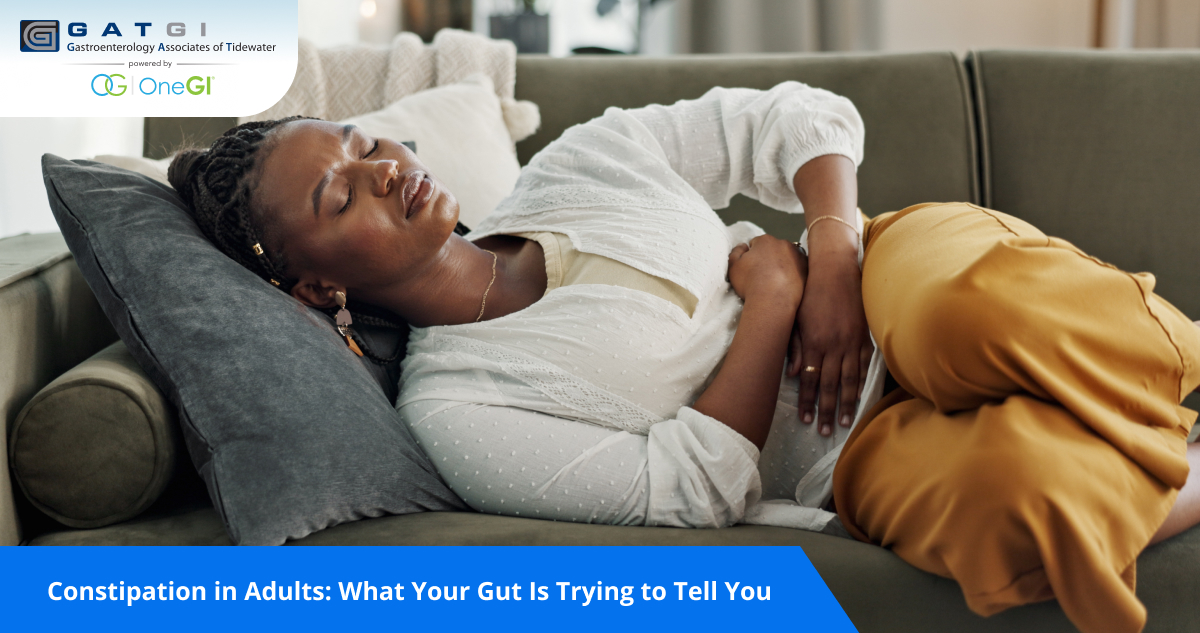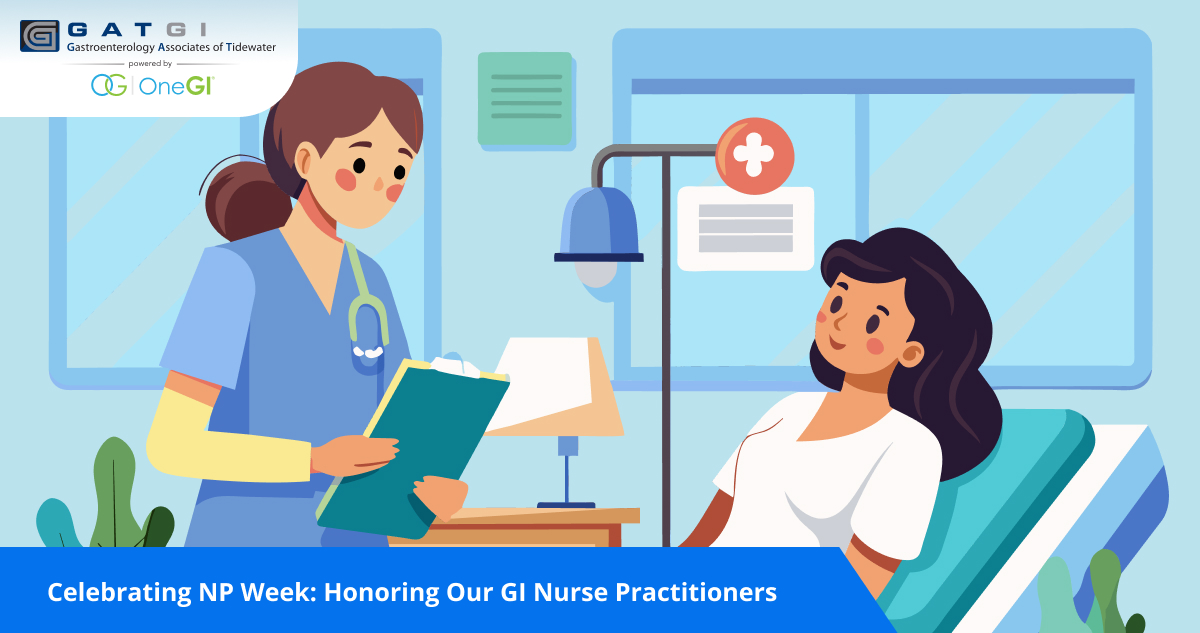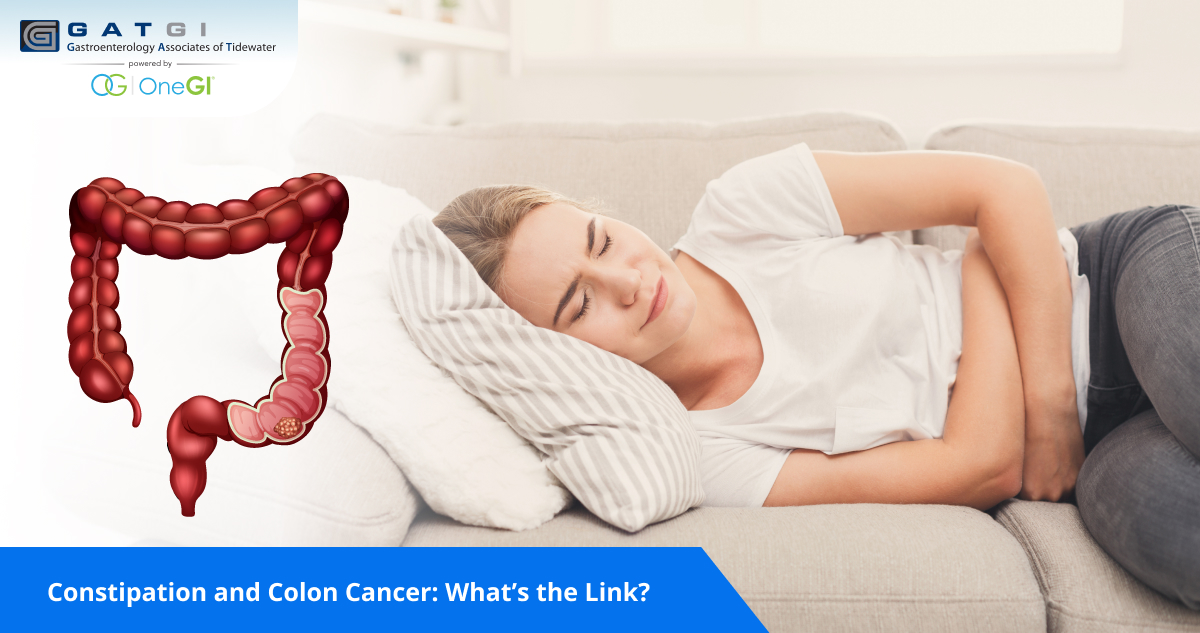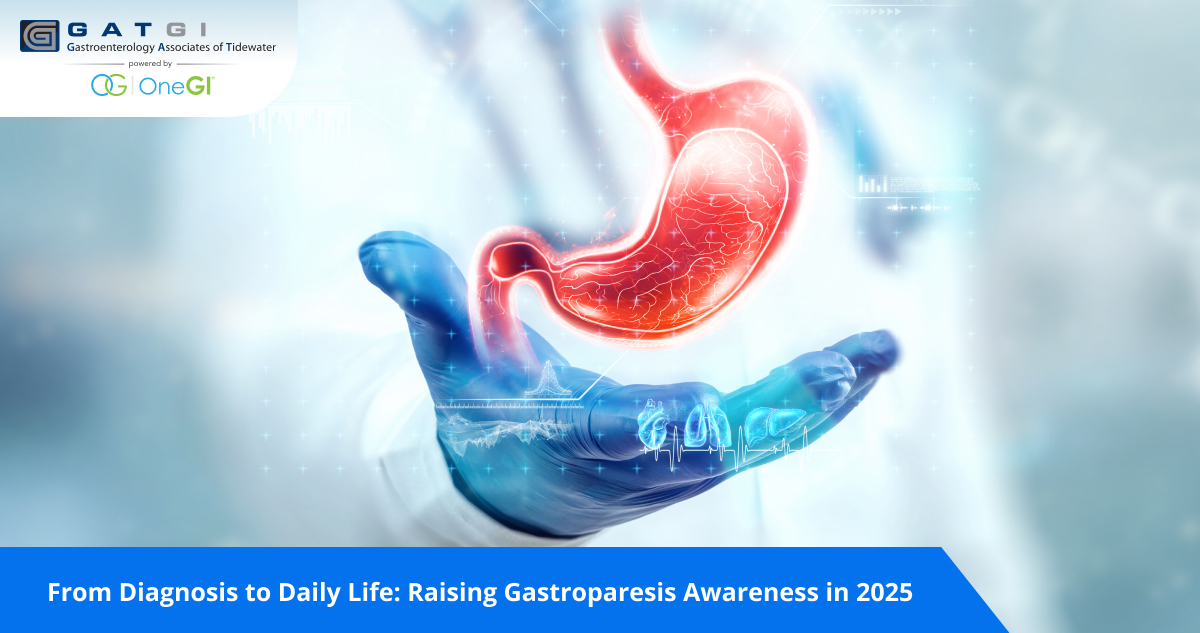Constipation Awareness Month focuses on promoting better digestive health and raising awareness about this common issue. Constipation affects millions of people and often goes unaddressed. Left untreated, it can lead to discomfort and potential complications.
The good news? With small, actionable changes, you can alleviate constipation and improve your digestive health. This article will share six practical tips to help you achieve constipation relief and support a healthier lifestyle.
Table of Contents
Why Is Constipation Common?
Constipation occurs when bowel movements become difficult or infrequent. This can result from a range of factors, including diet, lack of physical activity, stress, or even certain medications.
Chronic constipation doesn’t just cause physical discomfort. It can also impact your overall well-being, leading to irritability, fatigue, or even decreased productivity. These symptoms highlight the importance of addressing constipation promptly.
By following these simple tips on how to get relief from constipation, you can often treat it at home, find constipation relief, and improve your regular bowel movements.
6 Effective Tips for Relieving Constipation
1. Stay Hydrated
Dehydration is one of the leading causes of constipation. When your body lacks water, your stools become harder, making bowel movements more challenging.
- Drink at least eight glasses of water daily.
- Include hydrating beverages like herbal teas or coconut water.
- Limit dehydrating drinks such as coffee, alcohol, and sugary sodas.
Consistent hydration supports smoother digestion and prevents stool from hardening.
2. Incorporate High-Fiber Foods
Fiber plays a crucial role in promoting regular bowel movements. It adds bulk to your stool, making it easier to pass.
Great sources of fiber include:
- Fruits like berries, pears, and apples (with skin).
- Vegetables such as broccoli, carrots, and Brussels sprouts.
- Whole grains like oats, quinoa, and brown rice.
- Legumes including lentils, chickpeas, and black beans.
Try to consume 25-35 grams of fiber each day. Gradually increase your intake to avoid bloating or discomfort.
3. Exercise Regularly
Physical activity stimulates digestive functions by increasing muscle contractions in the intestines. This helps your body process food more efficiently.
- Walk at least 20–30 minutes a day.
- Practice yoga or stretching exercises that target the abdominal area.
- Engage in cardiovascular workouts such as jogging or cycling.
Regular movement is not only beneficial for your digestive health but also boosts your overall well-being.
4. Incorporate Probiotics
Probiotics are beneficial bacteria that support a healthy gut microbiome. An imbalance in gut bacteria can contribute to constipation.
Foods rich in probiotics include:
- Yogurt with live cultures.
- Fermented foods like kimchi, sauerkraut, and kefir.
- Supplements designed for gut health.
Pair these with a fiber-rich diet for optimal results.
5. Establish a Bathroom Routine
Creating a consistent bathroom routine can train your body to have regular bowel movements.
- Choose a specific time each day to use the restroom, such as after breakfast.
- Sit in a comfortable position and give your body plenty of time.
- Avoid holding in bowel movements, as delaying can worsen constipation symptoms.
Consistency helps regulate your internal clock and reduces discomfort.
6. Manage Stress
Chronic stress can negatively affect your digestive system, making constipation worse. Practice relaxation techniques such as breathing exercises, meditation, or light exercises like tai chi. Reducing stress promotes better digestive health and overall well-being.
Supplements for Constipation Relief
Using supplements like fiber powders, stool softeners, or over-the-counter laxatives can provide temporary relief. However, these solutions should complement—not replace—healthy lifestyle changes.
If you’re not sure what supplements suit you, consult a gastroenterologist. Experts, such as the board-certified doctors at Gastroenterology Associates of Tidewater, can provide personalized guidance.
When to Seek Medical Advice
If constipation persists for several weeks or worsens despite these changes, it may indicate an underlying condition. Consult a medical professional if you experience the following symptoms alongside constipation:
- Severe abdominal pain or bloating.
- Changes in stool consistency or appearance (e.g., blood in stools).
- Unexplained weight loss or fatigue.
Proactive Steps for Digestive Health
Improving digestive health doesn’t require drastic changes. By staying hydrated, improving your diet, exercising regularly, and managing stress, you can alleviate constipation and feel healthier overall.
This month, prioritize digestive health by making simple changes to your daily routine. For expert care or questions about gastrointestinal disease treatment, contact Gastroenterology Associates of Tidewater. With convenient locations in Chesapeake and Virginia Beach, their specialists offer expert solutions to help you maintain optimal digestive health. Schedule an appointment today by calling (757) 547-0798.

